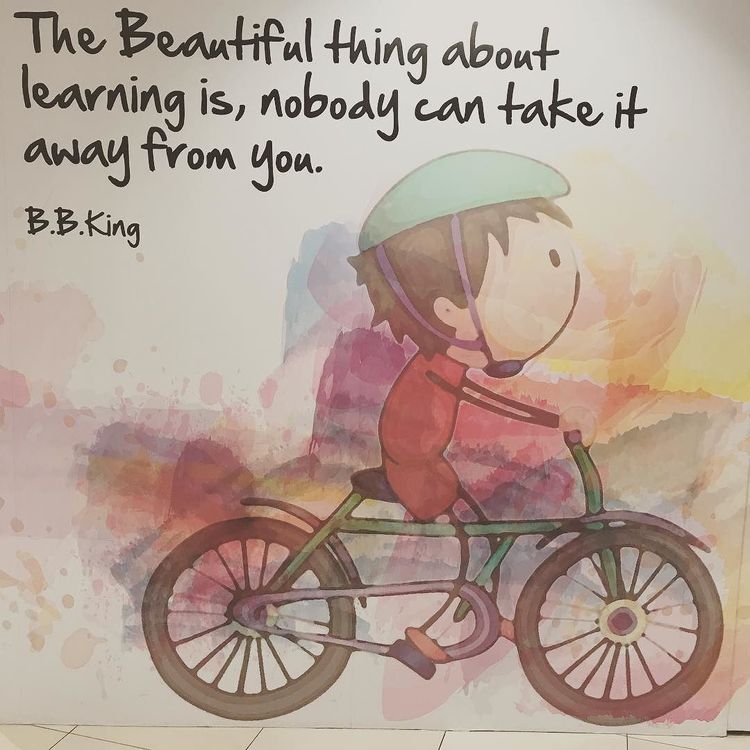How will you educate your children?
My wife and I have discussed and debated on the question when we do our family planning on many occasions. Both of us have different views, given our backgrounds. While thinking deep and hard about the question over the month before I started work coupled with great conversations I have with various friends, I have distilled down to three principles that have given me the kind of culture I like to instill in my children in the future, regardless of where they will be schooled.
I’ve never let my school interfere with my education. – Mark Twain
The starting point on education is that you need to spend adequate amount of time with your children and not outsourcing it to others, i.e. teachers and tutors. I am thinking in the line of at least two hours a day. The academic institutions are going to be part of their lives but we have also realized that going through that route does not ensure that our children are able to adapt to the fast and changing environment. In the context of Singapore, I do not see the point of stuffing them with tuition which I believe, a total waste of time.
Instead of trying to pigeon the skills and ideas that I like them to have, I have prefer to build it around three principles that will guide us to educate them, which, in turn becomes a learning experience for me as well.
- The passion to learn: How do you make yourself relevant to the world ahead? The key is not in going to schools but rather with a good attitude. In my interaction with young people today through teaching, I have discovered that many of them lacked the attitude to learn. In fact, most prefer that they will just do enough. In fact, as human beings, we should enjoy learning every day to the day we die. The key issue is that a lot of people do not show passion but to learn just to get through life. The real challenge is how to inculcate the passion to learn in a child. How do we get them interested in understanding and hacking the things around them?
- The ability to build and create something of value: With the passion to learn, the next principle is the ability to build and create something of value. I recalled the days when I first touched the Apple II computers, and just quickly learned how to open the shell of the computer and wrote BASIC code. Creating the environment around them to allow them to build and create things so that they can add value not just to their own lives but to others as well. The key is to allow them to develop the passion to learn and enhance them with the tools so that they can learn to build and create. It does not matter what form of the things they build and create as long as they enjoy themselves in the process. Having the environment to allow them to hack stuff is key to nudge them to have fun. Building and creating something of value to me, are better indicators than just grades from school.
- The skill to manage resources: While engaged in the ability to build, they have to learn to understand and appreciate that resources are limited. The ability to manage resources from people to money. On this note, the tools that I will deploy are the board games that allows us to learn implicitly on how we apply strategy or game theory and probably some computer games, if my wife do not object to the playing time.
What I have not said here, is the set of ethical values that I would like to impart to my children. It is a complex question to answer because one man’s meat is another’s poison. In my view, that is the additional component that my wife and I will have to think about further. That being said, the environment and culture we will build around the child, are going to be crucial to his or her development.
Author’s note: A big thanks to my wife on the conversation which is still ongoing. Also want to thank Christopher Ng Wai Chung, Shaun Martin, my friends from Singapore Angle (Loy Hui Chieh, Kai Chong and Ee Loong) for their insights on the issue.
